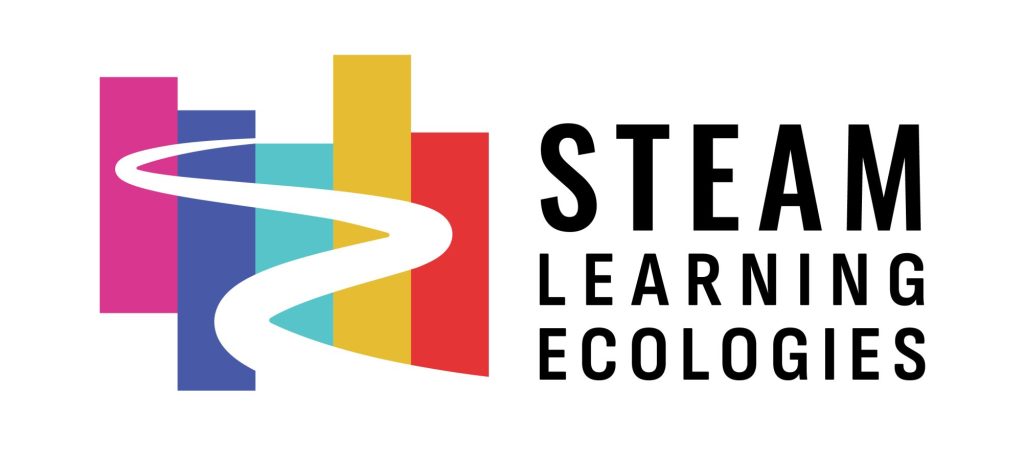Join the STE(A)M Learning Ecologies International Community
Are you an Open Schooling supporter and a STE(A)M education enthusiast?
The STE(A)M Learning Ecologies project has an ambitious purpose: to promote science education as part of local community development, engaging citizens of all ages in multiple problem-solving and community-centered and real-life challenges. This is made possible by the creation of STE(A)M-based open schooling local partnerships between formal, non-formal, and informal education providers, enterprises, and civil society.
Since its launch in January 2023, the project has made great strides to bring open schooling to multiple actors across Europe. The creation of a methodology, which would guide the development of the first SLEs, was the first stepping stone towards the realization of this ambitious plan. Since then, educators, researchers, professionals, experts, and policymakers joined their forces to test the methodology by giving life to the first 13 SLEs pilots around Europe. As these pilots come to an end, they will provide invaluable insights and direction for the wider diffusion of the project in more than 100 spaces.
What is the SLEs International Community?
The SLEs International Community brings together educators, researchers, policymakers, and other stakeholders who share a passion for open schooling and science education. With this hub, you can:
- Connect with educators from various cultural backgrounds and have a cross-cultural understanding of challenges, scenarios, best practices, and techniques around open schooling and innovative education approaches
- Read and share resources regarding Learning Ecologies, including teaching methodologies, assessment tools, and research findings. Inspire and be inspired by like-minded individuals
- Create a network of contacts to feature events together with other SLE researchers and practitioners
- Participate in interactive features such as polls, surveys, and Q&A sessions to stimulate interest and discussions
Are you interested? Join to receive updates on the latest project activities and results, participate in international workshops and events, and become part of an engaged network of open schooling and science education enthusiasts from all over Europe!
Welcome to the SLEs International Community!
Are you also interested in discussing unique needs and challenges regarding local STE(A)M Learning Ecologies, open schooling, and science education of your country?
Have a look at our SLEs National Community and join the conversation in your language!


